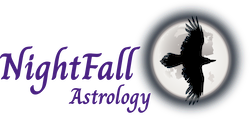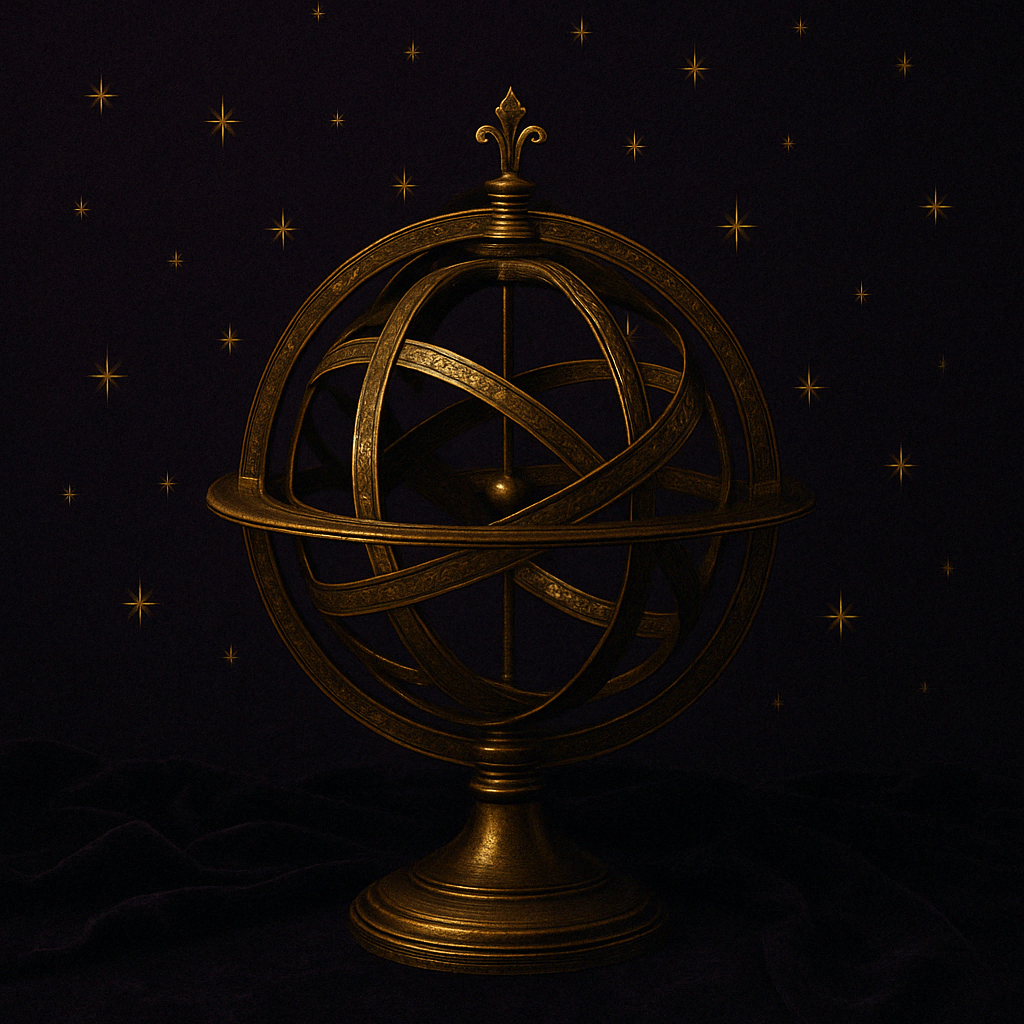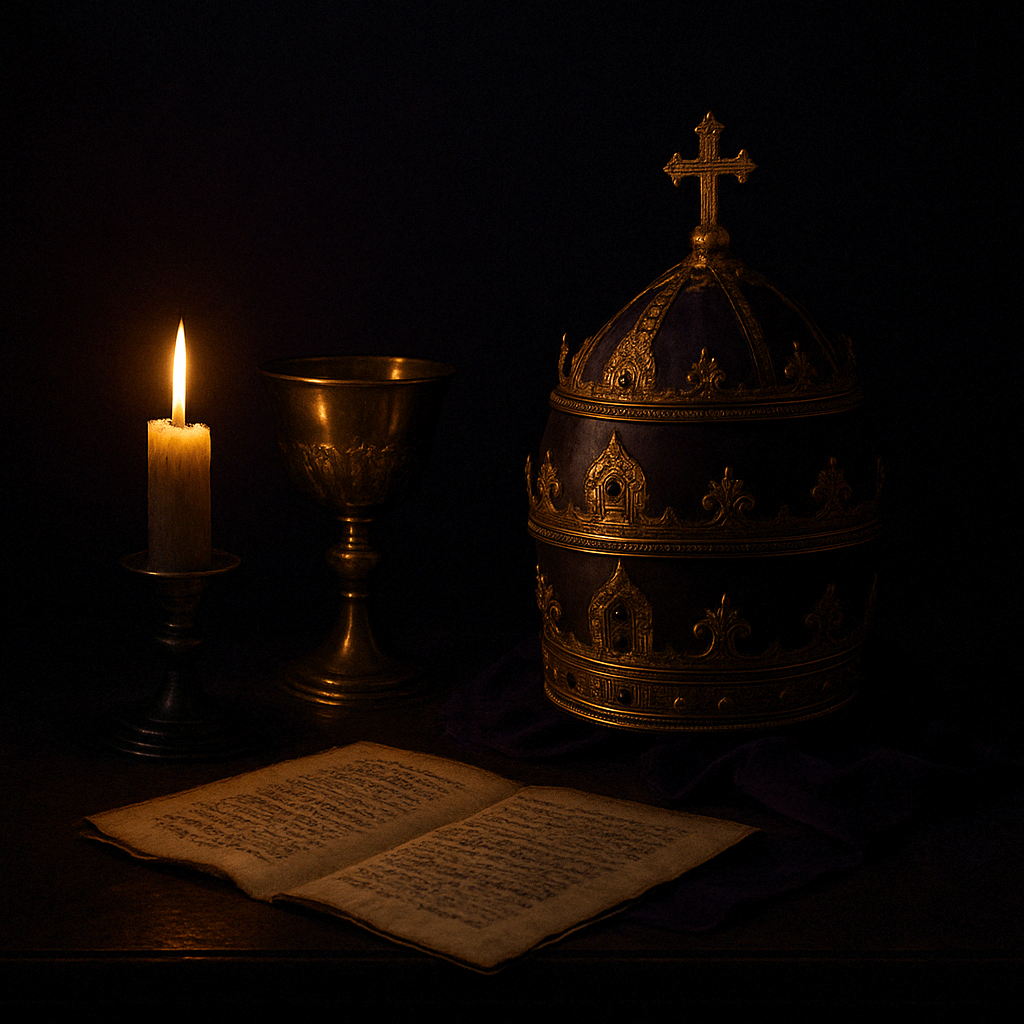No products in the basket.
Exploring the Mystical Depths: An Astrological and Western Esoteric Perspective on the Ego
Dear NightFall Astrology readers,
“Should we get rid of the ego?” This is a question that has been pondered by philosophers, religious leaders, psychologists, and esoteric practitioners alike. It is a question that has no easy answer but rather requires a deep exploration of the self and the world around us.
The Buddha, for instance, taught that the ego, or “self,” is an illusion that causes suffering. According to Buddhist teachings, our attachment to the idea of a separate, independent self is the root of our desires, fears, and anxieties. By recognising the impermanence and interconnectedness of all things, we can liberate ourselves from the cycle of suffering and achieve enlightenment.
As an astrologer, and from the perspective of Western esotericism, I believe that the insights of the four occult sciences – astrology, alchemy, Kabbalah, and magick – offer a holistic understanding of the human experience and the nature of reality, shedding light on the significance of the ego in our lives.
Astrologically speaking, the ego can be attributed to two signs – Leo and Aries. Leo, ruled by the Sun, symbolises the self at the centre of the universe and our willpower, embodying the positive aspects of the ego, such as generosity and courage. On the other hand, Aries represents the ego in action, with qualities of bravery and wisdom. However, both signs also have negative traits associated with the ego, such as arrogance, impulsiveness, and aggressiveness.
While viewing the ego as a negative force we should eliminate is tempting, it is important to recognise that it is an essential component of our personality and identity. To remove it would be akin to removing our heart. Rather, we should strive to cultivate self-awareness and aim to express the positive qualities of these archetypes, ultimately seeking an ideal state of being.
In astrology, the positioning of the planets at the time of our birth provides valuable insights into our unique personality traits, strengths, and challenges. By gaining a deeper understanding of our astrological makeup and cultivating self-awareness, we can learn to recognise and transcend the negative manifestations of the ego while also harnessing its positive aspects.
Alchemy and Kabbalah, the two other occult sciences, teach that the ego must be transformed or transcended.
Alchemy sees the ego as a result of the “fall” of the soul into matter, with the alchemist’s work purifying and refining the ego, leading to the realisation of the true Self.
The alchemist’s work is to purify and refine the ego, leading to the realization of the true Self, which is the pure, divine essence of the individual. This process of purification involves the transformation of the ego from its gross, materialistic form to a more refined and spiritualized state. The alchemist achieves this transformation through various practices, such as meditation, visualization, and the use of symbolic language and ritual.
The purification of the ego is a crucial step in the alchemical process of transformation, which culminates in the attainment of the Philosopher’s Stone, a legendary substance that can transmute base metals into gold and grant immortality to the human soul. The Philosopher’s Stone represents the union of opposites, the integration of the material and spiritual aspects of reality, and the realisation of the true Self.
Kabbalah, on the other hand, posits that the ego results from the “shattering” of the divine vessel and that the process of Tikkun (repair) involves the reintegration of the individual ego with the collective soul of humanity.
The divine vessel, also known as the sefirotic tree, was a vessel for the divine light that emanated from the Creator. However, due to the limitations of the human mind, the vessel was unable to contain the infinite light, and it shattered into multiple fragments, each containing a small piece of the divine essence.
The shattering of the divine vessel resulted in the creation of the physical universe and the human soul. The human soul is believed to be composed of multiple fragments of the divine essence scattered throughout the world and within each individual. Each fragment is associated with a specific aspect of the divine, such as wisdom, love, or power. The ego arises when an individual identifies with one or more of these fragments, mistaking them for the true Self.
The process of repair is seen as a central goal of human existence, and it requires a deep understanding of the interconnectedness of all things and a commitment to serving the greater good. Tikkun involves the elevation and refinement of the individual ego, which is achieved through spiritual practices such as meditation, prayer, and acts of kindness and compassion.
In the practice of magick, the ego is viewed as a central aspect of the individual psyche that can either hinder or facilitate the attainment of one’s desires and goals. The ego is understood as a complex and multifaceted aspect of the self, encompassing one’s beliefs, values, desires, and self-concept. It is seen as a necessary component of the human psyche, providing the individual with a sense of identity and agency in the world.
However, the ego can also become a source of attachment and delusion, leading the individual to pursue goals that are not in alignment with their true purpose or the greater good. This is because the ego is often driven by the desire for power, recognition, or pleasure, which can lead to harmful or misguided actions.
In the practice of magick, the goal is to develop one’s willpower and direct it towards one’s true purpose, which may involve transcending the ego and aligning oneself with a higher purpose. This requires a deep understanding of one’s desires and motivations, as well as a willingness to let go of attachments and illusions that are not in alignment with one’s true self. Through spiritual practices, the practitioner seeks to develop greater awareness and control over their ego, enabling them to direct their willpower towards their true purpose.
At the same time, the practice of magick recognises the value of the ego as a tool for achieving one’s goals and desires. The ego is seen as a necessary component of the human psyche, providing the individual with the motivation and energy to pursue their aspirations. However, it is important to recognise that the ego is not the ultimate goal of spiritual practice but rather a means to an end.
So I leave you with a passage from the great French philosopher-alchemist Guy de Villeneuve*, who answers the question asked at the beginning of this article perfectly:
“The Indians say that Spring comes because the birds sing. This is not at all the idea that Western botanists have about the arrival of Spring. Indians say, “When the frog sings, the rain comes. These are two entirely different approaches. You have an analogical approach on the one hand, and on the other hand, you have an analytical approach. And the person who created this split, you all know him, is Lavoisier (the father of materialism). From Lavoisier’s thinking, we later created the division of labour, the exploitation of nature, human beings, and animals. From Lavoisier onwards, we move from a state where we could have evolved towards something very positive to something very barbaric instead (…)
Suppose you talk to a Chinese scientist, for example, before starting his research. In that case, he will read a few pages of Confucius or address a prayer to Buddha if he is Buddhist. So when you go to Asia, you go to an administration and see offerings made to deities in all administrations. You can’t imagine our Western administrations making offerings every morning. It is not in our tradition because we think we are separate from everything. Asians don’t feel separated from anything.
How can the ego be destroyed? One should never think of exterminating the ego. The ego is one of the components; it must be tamed. Look at the Tarot card number 11 (11 in the traditional Tarot and 18 in modern decks) called “Strength” (see image below). You see a woman who is opening the maw of a Lion. She is not killing it but bringing the light into the animal part. The ego is our animal part. We must not kill it. We just need to get the light inside to become transparent. And when we are transparent, we are a “crystal”, a word with the same etymological root as “Christos”. Jesus had realised this, and it is incredible. He had let the light pass through him. When you are separated, you are afraid all the time. To protect yourself, you build walls. And when the light comes in front of a wall, it hits it, creating a shadow behind it. This is how we develop our inner darkness by building walls of fear. When there is no wall, light is everywhere.”
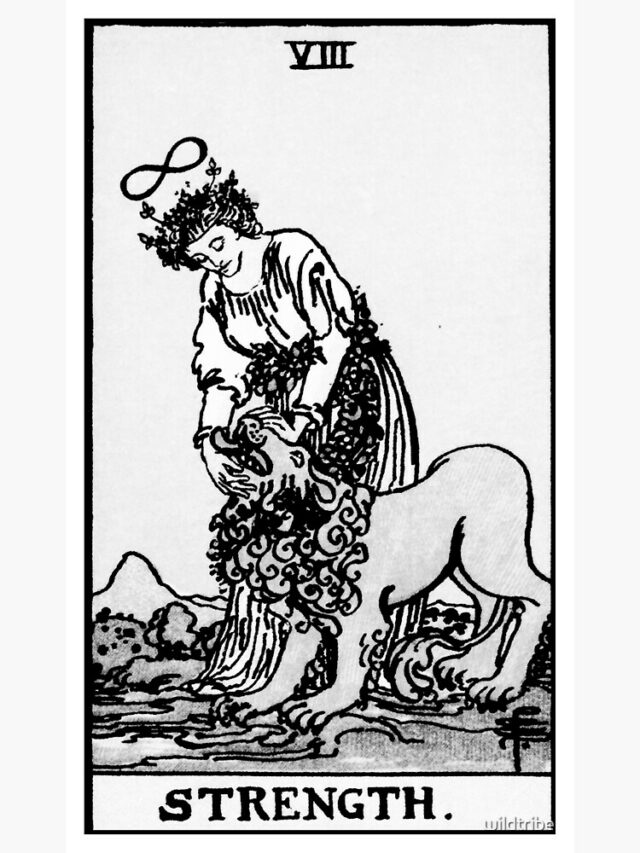
In conclusion, the question of whether or not we should get rid of the ego is a complex one that requires a deep exploration of the self and the world around us. While the ego can lead to negative manifestations, it is also essential to our being and identity. Through self-awareness, astrology, alchemy, Kabbalah, and magick, we can learn to recognise and avoid the negative aspects of the ego while harnessing its positive qualities, ultimately striving towards a more enlightened state of being.
Think about it.
* Guy de Villeneuve is the direct descendant of the famous French alchemist Arnaldus de Villa Nova (also called Arnau de Vilanova in Catalan, his language, Arnaldus Villanovanus, Arnaud de Ville-Neuve or Arnaldo de Villanueva, c. 1240–1311) who was also a physician and a religious reformer. His house in Montpellier, France, had a carved door showing a roaring lion and dragon that bit his tail, also known as Ouroboros, both recognised alchemical symbols. He was recognised by several renowned alchemists of his time. Like most wise men of his time, he was also an astrologer.
He was born in the Crown of Aragon, probably Villanueva de Jiloca (Aragon) or Valencia, and he studied medicine and he also took some courses in theology. After living at the court of Aragon and teaching for many years in the Montpellier School of Medicine, he went to Paris, where he gained a considerable reputation; but he incurred the enmity of ecclesiastics. In 1311 he was summoned to Avignon by Pope Clement V, but he died on the voyage off the coast of Genoa.
Thank you for reading.
Fuel my caffeine addiction and spark my productivity by clicking that ‘Buy me a coffee’ button—because nothing says ‘I love this blog’ like a hot cup of java!
Buy Me a Coffee
Your Astrologer – Theodora NightFall ~
Your next 4 steps (they’re all essential but non-cumulative):
Follow me on Facebook & Instagram (this step is the most essential)!
Subscribe to my free newsletter, “NightFall Insiders”, the place where the most potent magicK happens, and get my daily & weekly horoscopes, exclusive articles, updates, and special offers delivered directly to your inbox!
Purchase one of my super concise & accurate mini-readings that will answer your most pressing Astro questions within 5 days max!
Book a LIVE Astro consultation with me.
